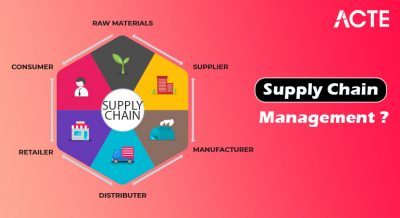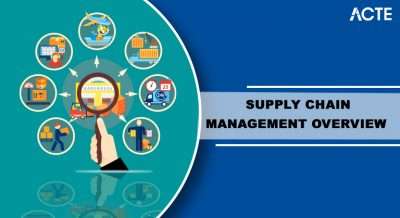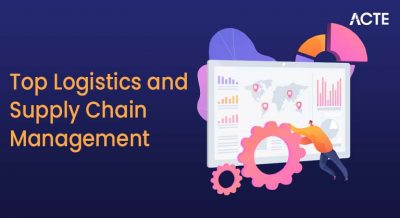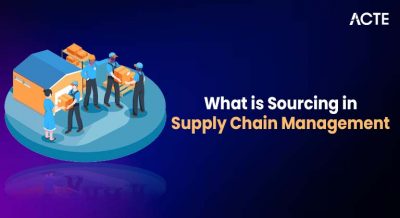
- Introduction to Blockchain Technology
- Understanding Supply Chain Challenges
- How Blockchain Works in Supply Chain Management
- Benefits of Blockchain for Supply Chain
- Real-World Applications and Case Studies
- Challenges and Limitations of Blockchain in Supply Chains
- Future Trends and Innovations
- Conclusion
Introduction to Blockchain Technology
Blockchain technology is rapidly emerging as a transformative force across industries by offering decentralized, transparent, and secure systems for recording and managing data. At its foundation, blockchain operates as a distributed digital ledger that allows information to be stored across a network of computers, ensuring that records cannot be altered without consensus. One of the most promising uses of this technology is seen in blockchain in supply chain, where it enables real-time tracking of goods, verification of authenticity, and prevention of fraud across logistics networks. This visibility builds trust among suppliers, manufacturers, and consumers. The blend of supply chain finance and blockchain automates transactions, cuts payment delays, and boosts vendor cash flow. PMP Training helps managers lead these tech-driven supply chain projects efficiently. These innovations eliminate the need for traditional intermediaries, thereby lowering costs and enhancing efficiency. As blockchain adoption expands, many businesses are exploring the best crypto for supply chain applications such as VeChain, OriginTrail, and IBM Blockchain designed specifically to support secure and scalable supply chain solutions. These platforms combine blockchain’s core strengths with industry-specific tools, creating powerful ecosystems for modern commerce. In essence, blockchain is not just a buzzword but a foundational shift in how global supply chains and financial operations are managed.
Are You Interested in Learning More About PMP? Sign Up For Our PMP Certification Training Today!
Understanding Supply Chain Challengesn
- Logistics Problems: From driver shortages to delayed shipments and infrastructure limitations, logistics issues continue to be a major bottleneck. Poor route optimization, unpredictable fuel costs, and last-mile delivery inefficiencies add to the challenge, ultimately increasing operational expenses and reducing customer satisfaction.
- Cold Chain Logistics Issues: Maintaining proper temperature in cold chain logistics is critical. Failures like refrigeration issues or customs delays can cause major losses in pharma and food. Managerial Economics Concepts guide smarter, cost-effective decisions.
- Lack of Real-Time Visibility: Limited end-to-end visibility prevents businesses from tracking inventory movement, identifying disruptions early, or optimizing supply chain decisions. Without the right digital tools, delays and stockouts become harder to predict and prevent.
In today’s highly interconnected and fast-paced global marketplace, companies face numerous supply chain challenges that can affect everything from production timelines to customer satisfaction. The growing complexity of operations, rising consumer expectations, and frequent disruptions make it critical for businesses to identify and overcome these hurdles. Whether it’s transportation delays, temperature-sensitive shipments, or inconsistent supplier performance, every aspect must be carefully managed to ensure efficiency and resilience across the supply chain.
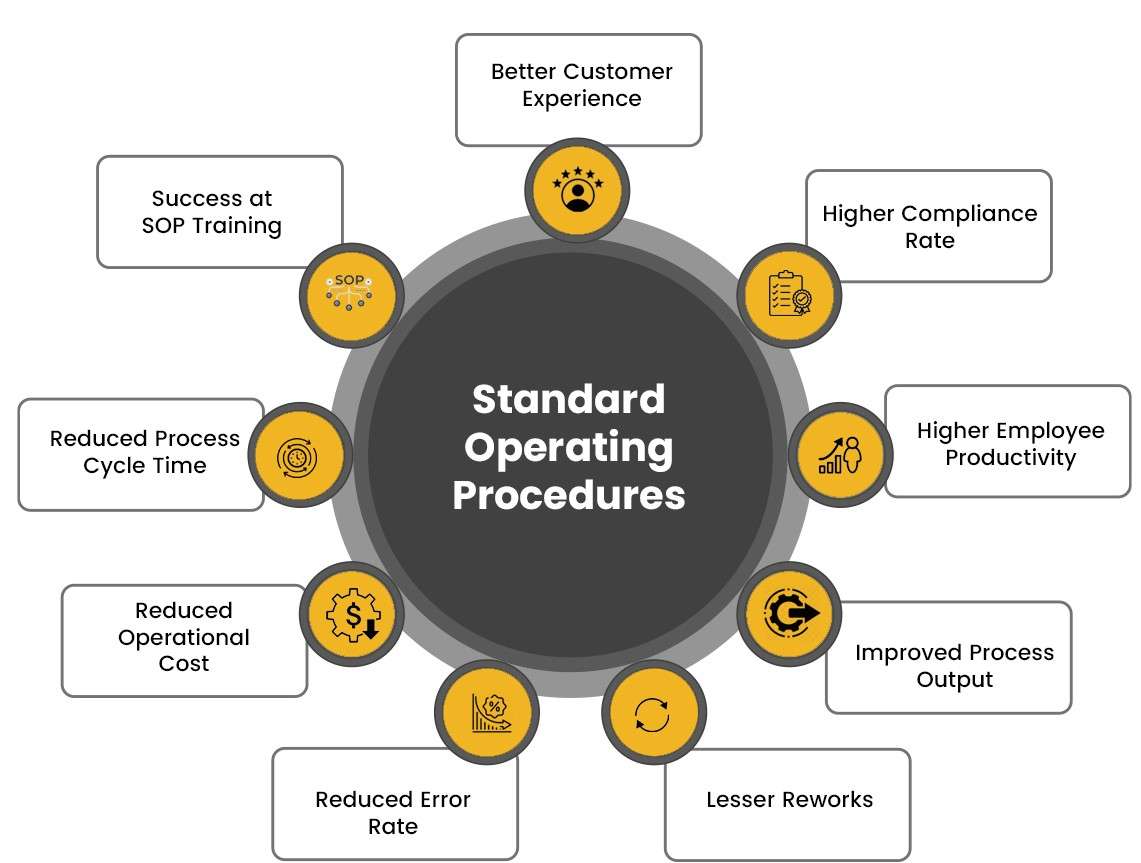
- Ineffective Supplier Management System: A weak or outdated supplier management system can hinder collaboration, cause delays, and impact quality control. Poor data sharing, lack of performance monitoring, and inconsistent communication often result in strained relationships and missed opportunities for improvement.
- Weak Logistics Management: Subpar logistics management practices such as inaccurate forecasting, disorganized warehouses, and insufficient transportation planning can lead to overstocking, missed deadlines, and high overhead costs. Integrated systems and trained personnel are essential for optimizing these logistics functions.
- Global Disruptions and Uncertainty: Natural disasters, pandemics, political instability, and economic fluctuations create unexpected disruptions that ripple through the entire supply chain. Companies must develop contingency plans, diversify sourcing strategies, and adopt agile practices to respond swiftly to such global events.
Addressing these issues requires a combination of technology adoption, strong partnerships, data-driven decision-making, and agile processes. A proactive approach to logistics management and supply chain optimization is essential for maintaining resilience and staying competitive in today’s unpredictable business landscape.
How Blockchain Works in Supply Chain Management
Blockchain technology is reshaping how businesses handle supply chains by introducing transparency, traceability, and security across every transaction. In supply chain management, blockchain works by creating a decentralized digital ledger that records every step of a product’s journey from sourcing raw materials to final delivery making data immutable and accessible in real time. This innovation directly addresses critical supply chain challenges such as logistics problems, inconsistent tracking, and data silos. By providing a single source of truth, blockchain improves logistics management by enabling accurate monitoring of inventory, shipments, and delivery timelines. In areas like cold chain logistics, where temperature-sensitive goods need constant oversight, blockchain records and verifies conditions at every checkpoint, reducing spoilage and ensuring compliance. Understanding What is the Training Process and its Stage helps teams adopt and manage such technologies effectively. Additionally, blockchain enhances the supplier management system by allowing companies to evaluate supplier performance, validate certifications, and manage contracts via smart contracts automating and securing transactions without the need for intermediaries. This fosters trust, reduces fraud, and improves efficiency across global supply networks. As supply chains become more complex and exposed to disruptions, blockchain offers a powerful solution to streamline operations, improve accountability, and tackle long-standing pain points in modern logistics and supply chain ecosystems.
To Explore PMP in Depth, Check Out Our Comprehensive PMP Certification Training To Gain Insights From Our Experts!
Benefits of Blockchain for Supply Chain
- Enhanced Transparency and Traceability: Blockchain creates a shared, unchangeable record of transactions, allowing all parties to access real-time data on product origins, movement, and status. PMP Training supports professionals in effectively managing blockchain implementation in supply chain projects.
- Improved Supply Chain Finance: With supply chain finance and blockchain technology, companies can automate payments through smart contracts, reduce payment delays, and improve cash flow for vendors.
Blockchain technology is bringing significant innovation to the way supply chains are managed, offering improved transparency, traceability, and efficiency. With its decentralized and tamper-proof ledger system, blockchain in supply chain operations ensures that every transaction and movement is accurately recorded and securely shared across all stakeholders. From finance to logistics, the integration of blockchain is transforming traditional systems into smarter, more agile networks.
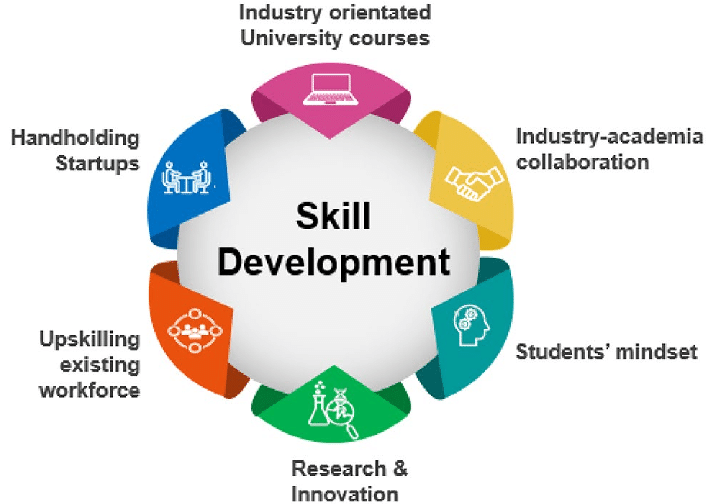
- Fraud Reduction and Data Security: Immutable records make it nearly impossible to alter or fake data, reducing the risk of fraud and enhancing trust throughout the supply chain.
- Efficiency in Logistics and Operations: Blockchain streamlines documentation, customs processing, and coordination, leading to faster, more efficient logistics and operations.
- Support from Specialized Cryptocurrencies: The rise of the best crypto for supply chain like VeChain, OriginTrail, and IBM Blockchain provides industry-specific tools designed for secure and scalable supply chain solutions.
- High Implementation Costs: Adopting blockchain across a supply network can be expensive due to infrastructure upgrades, training requirements, and integration complexities especially for small businesses facing tight margins and other supply chain challenges.
- Lack of Standardization: The absence of universally accepted standards makes it difficult to align blockchain systems across different suppliers, complicating logistics management and data exchange between global partners.
- Scalability Issues: Blockchain networks may struggle to handle the high transaction volumes required in real-time logistics, which can lead to delays and logistics problems, particularly during peak operations.
- Cold Chain Integration Complexities: Applying blockchain to cold chain logistics adds technical layers like temperature monitoring and sensor integration, which must work seamlessly for accurate tracking—any malfunction can disrupt trust in the data. Effective Human Resource Management ensures the right talent is trained to handle these advanced systems and maintain operational integrity.
- Resistance from Suppliers: Some suppliers are hesitant to adopt blockchain due to lack of awareness, fear of transparency, or concerns about data sharing, making it difficult to build a unified supplier management system.
- Data Accuracy and Input Reliability: Blockchain is only as reliable as the data entered. If incorrect or fraudulent data is added at the source, blockchain cannot verify its validity, leaving logistics problems unresolved and trust compromised.
Real-World Applications and Case Studies
Real-world applications of emerging technologies in supply chain management are proving essential for overcoming modern supply chain challenges. Companies across industries are adopting digital solutions to enhance visibility, improve coordination, and increase operational efficiency. For instance, major retailers are leveraging advanced analytics and IoT devices to monitor inventory levels and shipment conditions in real-time, directly addressing logistics problems like delayed deliveries and inaccurate tracking. By integrating insights from Learn Objectives of Management Accounting, businesses can align these technologies with cost control and performance goals. In the pharmaceutical and food industries, cold chain logistics solutions have been transformed through temperature-sensitive sensors and blockchain integration, ensuring that products remain within required conditions during transit and storage. Leading organizations are also refining their logistics management practices by implementing AI-powered demand forecasting tools and real-time route optimization software, reducing costs and delivery times. A notable case involves a global electronics manufacturer that enhanced its supplier management system by integrating blockchain, allowing transparent tracking of supplier performance, reducing fraud, and improving contract compliance. These success stories reflect how digital transformation is not just theoretical but a practical response to everyday supply chain complexities. By adopting smart technologies and data-driven strategies, businesses are gaining resilience and agility, enabling them to manage disruptions more effectively and drive continuous improvement across the supply chain ecosystem.
Want to Pursue a PMP Master’s Degree? Enroll For PMP Master Program Training Course Today!
Challenges and Limitations of Blockchain in Supply Chains
While blockchain technology holds great promise for transforming supply chain operations, it also presents several challenges and limitations that businesses must address before full-scale adoption. Implementing blockchain isn’t a one-size-fits-all solution it requires alignment with existing systems, industry regulations, and practical business needs. The following points highlight some key issues companies encounter when trying to integrate blockchain into supply chains.
Future Trends and Innovations
The future of supply chain management is being shaped by rapid advancements in digital technologies, with blockchain emerging as a key driver of innovation. As global trade becomes more complex, businesses are increasingly adopting blockchain in supply chain operations to enhance transparency, security, and real-time tracking. This trend is expected to accelerate, with more organizations integrating blockchain with IoT and AI to create intelligent, self-regulating supply networks. A major development is the growing synergy between supply chain finance and blockchain technology, which enables automated, trustless transactions through smart contracts streamlining payments, reducing credit risk, and improving cash flow for suppliers. Strengthening Financial Management Skills for Growth helps organizations maximize these benefits and drive sustainable financial performance. As blockchain matures, we will also see greater adoption of decentralized platforms powered by the best crypto for supply chain use cases, such as VeChain, OriginTrail, and IBM Blockchain. These blockchain-driven ecosystems are designed to support specific logistics and financial functions, offering tailored solutions for traceability, authentication, and decentralized data sharing. Additionally, sustainability will play a bigger role, with blockchain helping track carbon footprints and ethical sourcing. In the coming years, blockchain’s influence will expand beyond traceability, transforming how supply chains are financed, monitored, and optimized, ultimately creating more agile, secure, and intelligent supply networks across the globe.
Preparing for a PMP Job Interview? Check Out Our Blog on PMP Interview Questions and Answers
Conclusion
In conclusion, the evolving landscape of global commerce demands smarter, more resilient, and transparent supply chain systems. Addressing persistent supply chain challenges such as inefficiencies, lack of visibility, and disruptions requires a proactive and technology-driven approach. Businesses today face growing pressure to resolve logistics problems, manage rising consumer expectations, and maintain compliance across international markets. PMP Training equips professionals with the skills to manage these complex challenges effectively. Innovations in digital tools and strategies have significantly improved logistics management, allowing for better forecasting, optimized routing, and more responsive operations. One critical area of focus is cold chain logistics, where maintaining product integrity, especially for pharmaceuticals and perishables, is non-negotiable. Modern solutions are enhancing temperature tracking and accountability across the chain. At the same time, a robust supplier management system is essential for building strong relationships, improving quality control, and minimizing risks associated with unreliable vendors or inconsistent performance. The integration of advanced technologies such as blockchain, IoT, and AI is enabling smarter decision-making and real-time insights, allowing companies to anticipate problems and adapt quickly. Ultimately, the future of supply chain success lies in embracing innovation while strengthening the foundational processes that keep goods moving efficiently. With the right strategies and systems in place, businesses can navigate today’s challenges and build resilient, future-ready supply chains.

